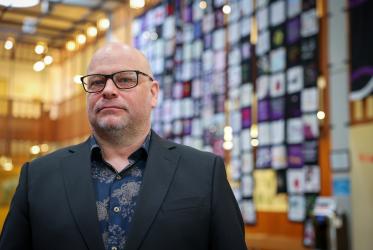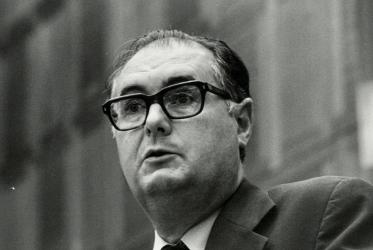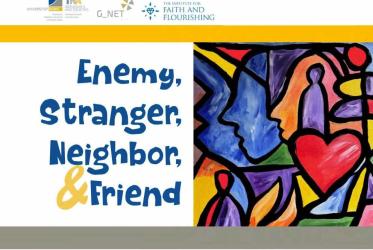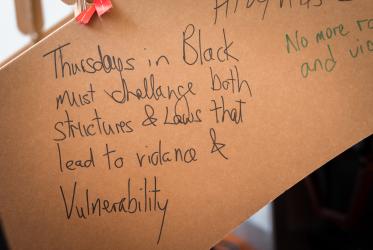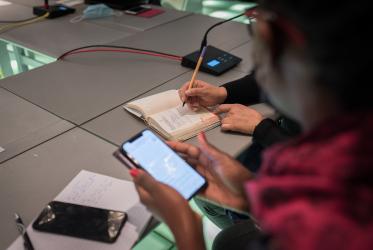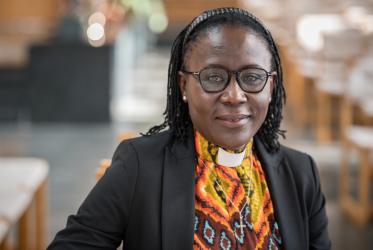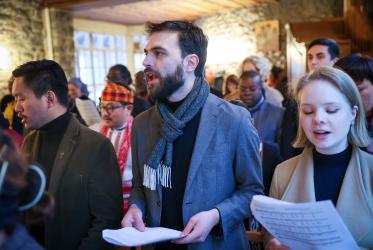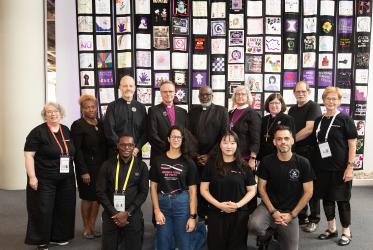Displaying 61 - 80 of 782
WCC mourns the death of Julio de Santa Ana
20 April 2023
WCC interreligious journal focuses on “healing wounded memories”
16 February 2023
On Valentine’s Day, WCC shares message “Love Heals, Not Hurts”
09 February 2023
Students from 19 countries complete ecumenical studies in Bossey
31 January 2023
Pandemic and pedagogy: what are the valuable lessons?
21 December 2022


